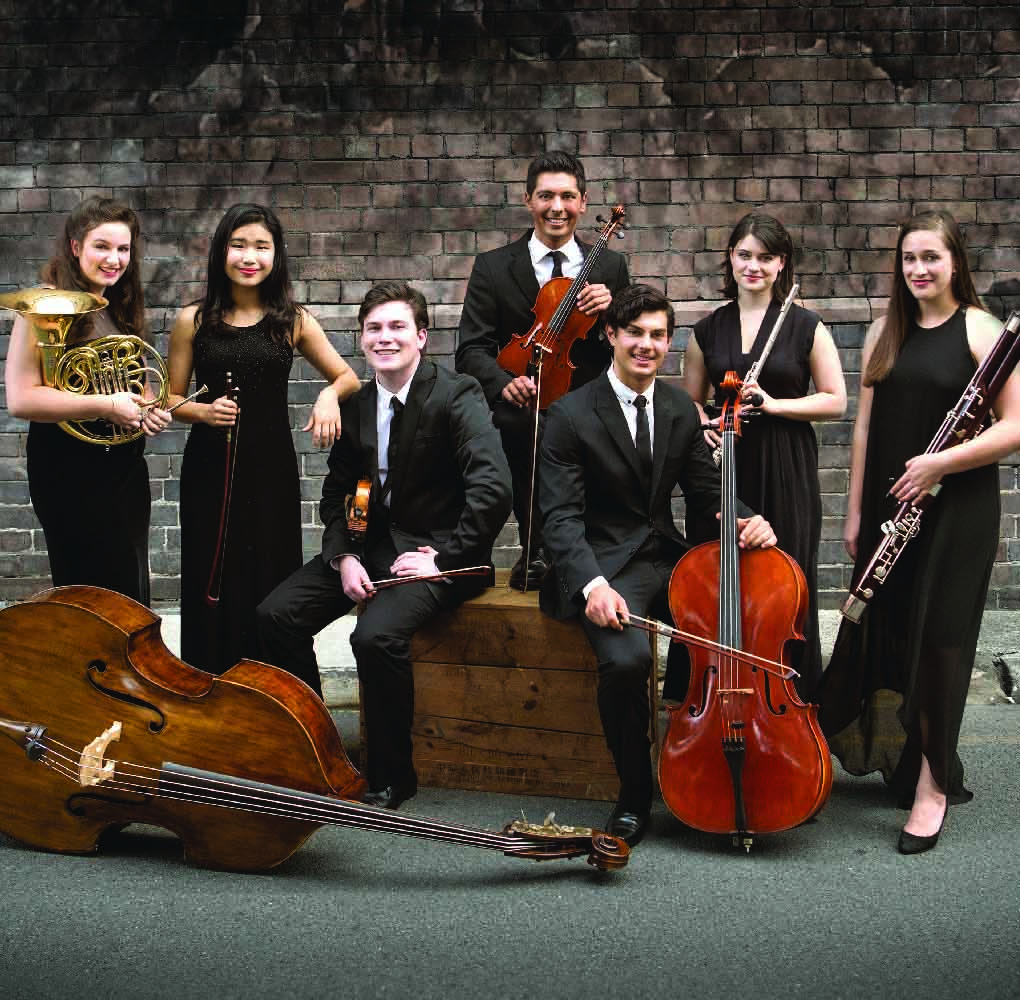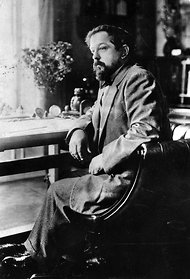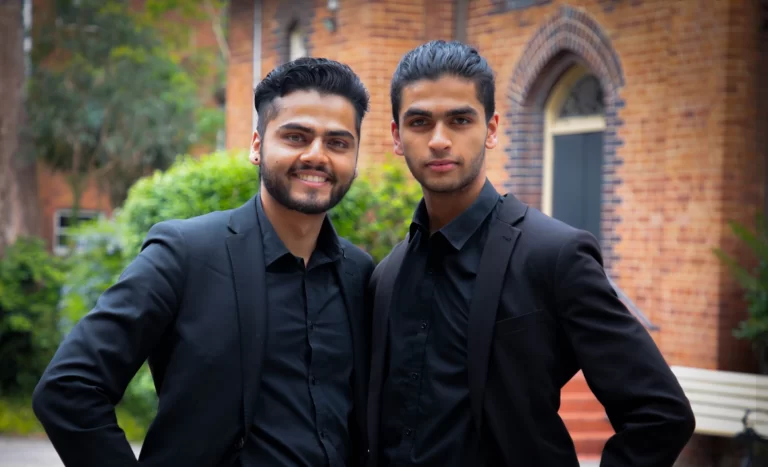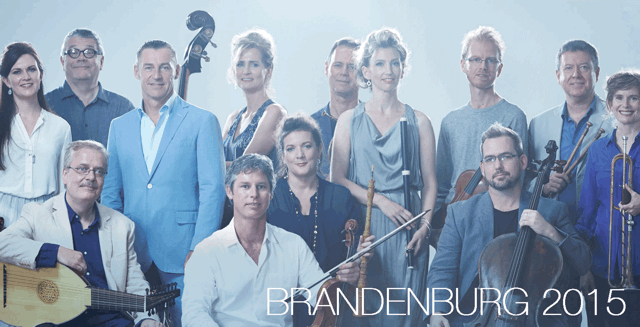Behind The Scenes As The Sydney Youth Orchestra Prepares War Horse Suite
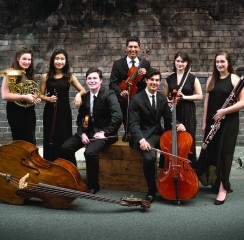
Next weekend, March 28, the young musicians of the Sydney Youth Orchestra conducted by Stephen Mould presents Legends of Past, an orchestral tribute to the centenary of the birth of the ANZAC legend and a tribute to those who fought in this devastating war.
The evening will open with the world premiere of Cathedra, a new work by young Australian composer Andrew Howes. The centrepiece of the evening will be the Australian premiere of Adrian Sutton’s War Horse Suite, in which Morris Gleitzman’s monologue Loyal Creatures read by Paul William Mawhinney is juxtaposed with Adrian Sutton’s War Horse Suite, a large orchestral work which includes folk songs from the War Horse production – The Year Turns Round Again and Only Remembered, performed by Australian folk singer John Thompson. Both Mr Thompson and Mr Mawhinney are original cast members of Global Creatures and the National Theatre of Great Britain’s Australian production of War Horse which toured Australia in 2013.
Composed by Andrew Howes, Cathedra was commissioned for the SYO in 2013 by Father Arthur Bridge OAM to commemorate the ANZACs landing at Gallipoli. Andrew Howes was born in Sydney in 1992 and is an SYO Alumnus. He graduated from the Conservatorium High School in Sydney in 2009 and is currently studying for a BMus in composition as an Audio Network Scholar at the Royal College of Music, London.
Morris Gleitzman’s Loyal Creatures – Monologue will be narrated by Paul William Mawhinney. It incorporates an innovative use of a bespoke monologue, Loyal Creatures, commissioned for War Horse Australia in 2012-13, integrated with a short, theatrical performance piece, providing a potent reference for the music.
“One thing I do know. Us blokes, we did our best over there. But it was never in our hands. Not completely. Never is in war. We were just loyal creatures too, our heads turned this way and that by politicians and generals and the dark waters in our own souls. That’s what we were, all of us, just loyal creatures.”
Andrew Sutton composed War Horse Suite for the stage production of War Horse, first performed at the National Theatre of Great Britain in 2007. The production was hailed by The Times as ‘the theatrical event of the decade’ and has since been seen by 5 million people world-wide.
The SYO was granted special permission from Adrian Sutton and the National Theatre of Great Britain to perform the Australian premiere of War Horse Suite. The Laurence Olivier Award-nominated score for the stage production is a symphonic work for large forces. Rather than glorifying conflict, it tells the story of war and suffering through the eyes of a horse and explores the potent bond between man and animal.
War Horse Suite received its world premiere at London’s Cadogan Hall by the Royal Philharmonic Orchestra in 2010, and featured as the centrepiece of the ‘War Horse Prom’ during the 2014 BBC Proms season. The suite is an extension of the stage show’s score, recreated by Sutton in the form of a single-movement symphonic poem that recounts the story of the play in its own musical context.
The story opens with a tranquil pastoral setting in Devon, where Albert and his horse Joey grow devoted to one another amidst the excitement of preparing for war. The experience of its war, its horrors and Joey’s sequestration lead to despair. Until, Joey’s escape and his eventual return home.
Sutton’s musical idioms are inspired by the symphonic works of the great English masters of the early 20th century – Vaughan Williams, Holst, Walton, Britten and Tippett and so span eras of both World Wars. Yet, the realisation that war affects all nations lies at the heart of Michael Morpurgo’s novel, and Sutton’s score also draws on French and German influences from First and Second World War composers. War Horse Suite is written in 7 sections, played without a break:
1) Devon at Peace – Setting the scene.. calm, tranquil rural Devon in the years just before World War I.
2) Albert and Joey – The young excitable Albert and his foal Joey grow and bond together. This movement contains a rendition of The Year Turns Round Again.
3) First Gallop (Muybridge) – Joey takes Albert on his back for their first gallop through the countryside
4) To War – War has just been declared, and the army with its marching band travels around villages, sequestering horses and gathering excited but naive villager recruits. The rhythms of the recruiting march transform into the engine of war itself, and excitement turns to bravery and fear. A charge led by the British against German machine guns is unsuccessful, and the harsh reality of war’s horrific nature is laid bare.
5) Remembrance – A desolate battle field in the aftermath of the charge. We move forward in time through the years that Joey spends being looked after by Friedrich, the German officer who longs for the war to be over and to see his daughter again.
6) Joey’s Night – Friedrich’s regiment is attacked by tanks and Joey flees the mechanistic terror unleashed
7) Return Home – Albert and Joey are reunited once more; they return home and the story closes as it began – in rural Devon, with the world finally at peace.
Adrian Sutton added the baritone folk song part with lyrics by John Sams to War Horse Suite in 2014. The Australian folk singer John Thompson will sing The Year Turns Round Again and Only Remembered. Queenslander, John Thomson is a highly regarded performer of Australian folk music. He performed the role of the Song Man in the Australian production of War Horse Australia in 2012-13. John is also a member of the group Cloud Street. The addition of folk song to symphonic music introduces the musicians of the SYO to a new collaboration and gives them the opportunity to work alongside one of Australia’s most successful folk artists.
In the second half of this concert, violinist Dimity Hall and cellist Julian Smiles team up to play Brahms’ Double Concerto for Violin and Cello. Brahms composed this in 1887 for violinist Joseph Joachim and cellist Robert Hausmann. Brahms intended it for Joachim, in an effort to restore the friendship they shared before it was shattered by bitterness and betrayal. Brahms was 54-year-old and aware of his own mortality, the desire to make peace with his oldest friend was paramount. Joachim accepted Brahms’ offer to join in the premiere of the Double Concerto as the peace-offering it was meant to be.
Following this is Debussy’s rhapsodic La Mer. The sea has always played a pivotal role in war – either as a theatre of war, or as a route for transporting men and arms to the fields of war. Conversely, the sea also wields a curious hypnotic power to inspire healing and contemplation. La Mer concludes the concert leaving the audience in a mood of reflection, transcending man’s preoccupations that destroy countries, lives and friendships, leaving artists and audience with a profound sense of hope for a future full of promise and peace.

